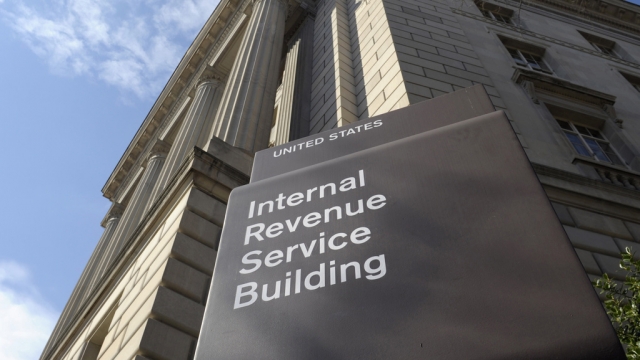The House of Representatives overwhelmingly voted in favor of H.R. 7024, a bill that would expand eligibility for the child tax credit.
Lawmakers approved the measure late Wednesday by a 357-70 margin, with Republicans voting in favor by a 169-47 margin and Democrats approving it by a 188-23 ledger. The bill now goes to the Senate, but its future in the chamber remains uncertain.
Currently, households earning $200,000 ($400,000 for couples) with children ages 16 and under are generally eligible for the full $2,000 amount, but only $1,600 of that amount is considered refundable.
The lawmakers' plan would include a phased increase to the refundable portion of the child tax credit for 2023, 2024 and 2025. Under the bill, the refundable portion of the child tax credit would increase to $1,800 for tax year 2023, $1,900 for 2024 and $2,000 for 2025.
SEE MORE: White House to propose Medicare prices for 10 popular drugs
It would adjust the tax credit for inflation starting in 2024. It would also provide flexibility for taxpayers to use either current- or prior-year income to calculate the child tax credit in 2024 or 2025.
The bill also has other provisions, including increasing the amount of interest that businesses can deduct as an expense. It also would end employers' ability to claim the employee retention tax credit after January 31, 2024. The COVID-era provision was effective for tax years 2020 and 2021, but current law gives employers until April 15, 2025 to amend their payroll tax returns.
Other provisions include additional tax relief for victims of natural disasters and funds for low-income housing credits.
Providing families additional funds through the child tax credit has been discussed in recent years. In 2023, President Joe Biden proposed raising the child tax credit from $2,000 per child to $3,000 per child for children 6 years old and above, and to $3,600 per child for children under 6. Parents received an expanded child tax credit in 2021 as part of pandemic relief, but the credit lapsed despite efforts among Democrats.
SEE MORE: Those confusing IRS notices may soon make sense to taxpayers like you
The lawmakers' proposal doesn't go as far as President Biden's plan, but proponents say it will reduce the number of children in poverty.
According to an analysis of the plan by the Center on Budget and Policy Priorities, 50% of children who reside in eligible households live in households that would gain $630 or more from this legislation. About 25% of children who reside in eligible households live with families that would gain $1,400 or more.
Expanded child tax credits, along with other government assistance programs provided during the COVID-19 pandemic, were credited with reducing the childhood poverty rate by nearly half.
The U.S. Census Bureau estimates that the child tax credit kept5.3 million people out of poverty in 2021. In 2022, with the child tax credit returning to its normal levels, it kept 2.4 million people out of poverty. Essentially, by expanding the child tax credit, the U.S. Census Bureau estimates nearly 3 million additional Americans were kept out of poverty in 2021.
The Center on Budget and Policy Priorities estimates the new bill would lift about 500,000 American children out of poverty.
Trending stories at Scrippsnews.com




